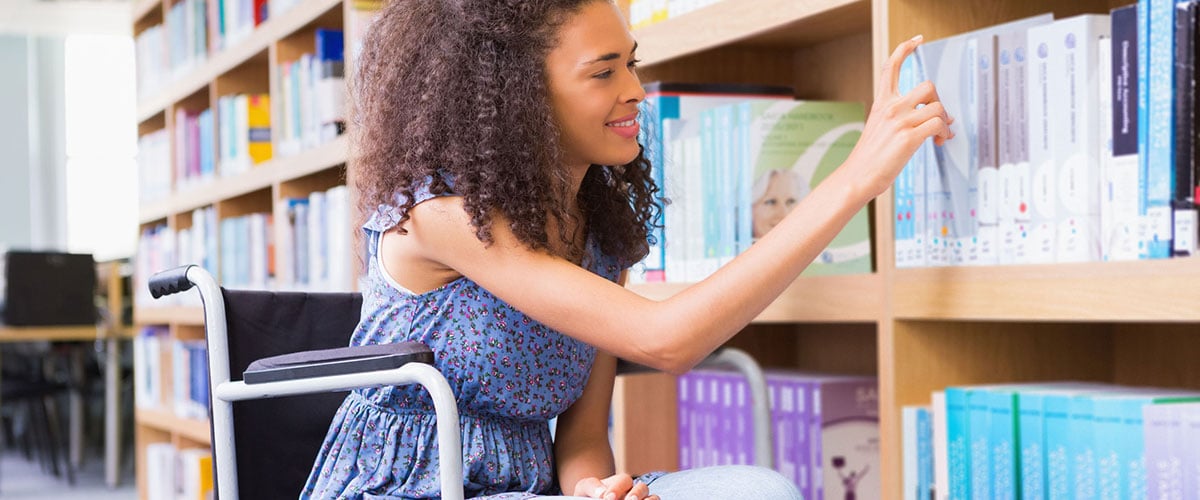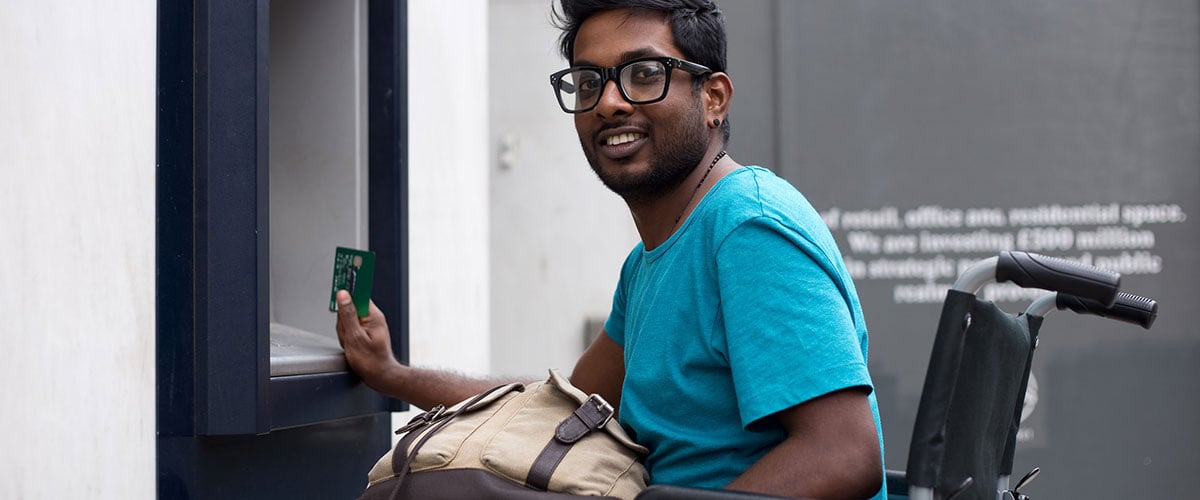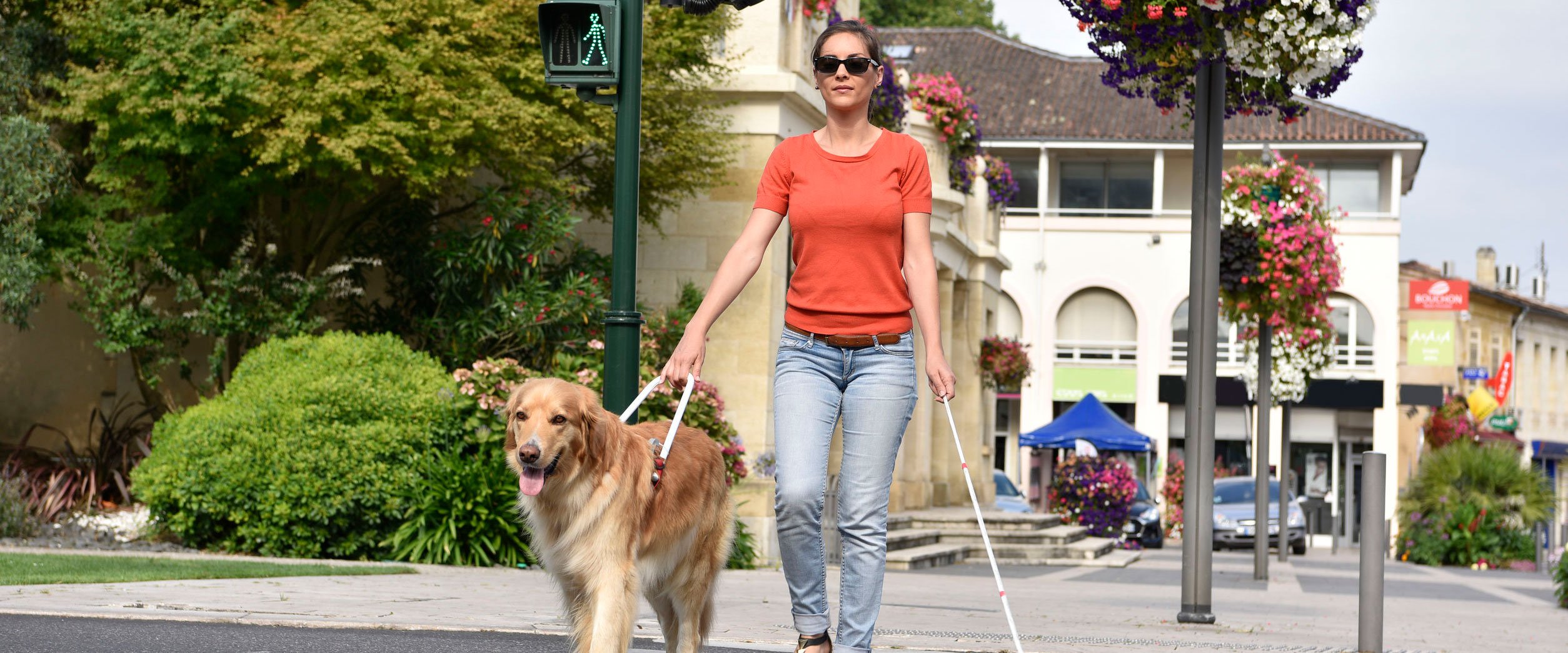Transitioning to Life After High School
If you are a student or young adult with a disability, and you are starting to think a lot more about your future, you have come to the right place! Do you want to get more education after high school? Do you want to work? Where do you want to live? Do you want to learn to drive, or learn to ride the public buses and trains? Do you want to have people in your life to help you take care of your health or finances? And what do you want to do in your free time? The videos and other resources here will help you with these questions, and they were all made by, with, or for young people with disabilities like yourself. So, dive in and have fun! And remember, only you can dream up your own future – but you can get help from a lot of people along the way!

Continuing your education after high school could be an important part of your life. But thinking about getting technical training after high school or going to college can feel overwhelming. You may be worried about how to find the right program for you or how much it is going to cost. Learn more about how you can get the support you need to succeed.
Are you thinking about working, but you're not sure how to look for work, or even what kind of work interests you? Or do you know what your dream career is, but you're struggling to figure out how to make it a reality? Whatever your questions are about the world of work and careers, it is important to learn about the people and the resources that can help you.
Learning and practicing independent living skills is an important step to prepare yourself for your transition to adulthood. Someday you may want to live on your own, or you may want to share a place with housemates. You may want to manage your own health care and finances, or you may want help with these things. Wherever and however you picture yourself living someday, you can start now by learning how to grow your independent living skills.
Using assistive technology can help you in lots of ways -in your classes, in your job, and even in your free time. Get started today on your path to understanding more about assistive technology, and how it can help you at school, at work, and in your daily life.
Learning how to advocate for yourself will not only help you at school, but at your job and in your community. Advocating for yourself means knowing what your needs are and speaking up for yourself to get your needs met –it takes practice! Check out these tips from other students with disabilities who have learned to advocate for themselves in high school and college.
Are you looking for opportunities to meet other students who are transition-age like you, who are going through the same changes you are on your journey to adulthood? Check out the programs near you to find different ways to get more involved in your community and connect with other young people.
As a young person with a disability, you have the same rights as a young person who does not have a disability. The Americans with Disabilities Act (ADA) and Section 504 of the Rehabilitation Act of 1973 are two of the federal laws that protect your right to participate in sports, to keep your private information private, to vote for elected officials, to travel, and more!
In Minnesota you become an adult on your 18th birthday and legally you can make some very important decisions, such as voting, applying for a credit card, and signing your IEP. If you and your family decide you will be your own guardian when you turn 18, the questions and answers here will help you feel more comfortable with your new rights to make decisions about your IEP.
Having a disagreement with your IEP team is frustrating. The good news is you have rights to help you make your voice heard and work out a solution you and your IEP team can agree on. If you and your family decide you will be your own guardian when you turn 18, the questions and answers here will help you feel more comfortable with your new rights to solve disagreements with your IEP team.







